Harry Potter: The Invisible Moth’s Definitive Commentary
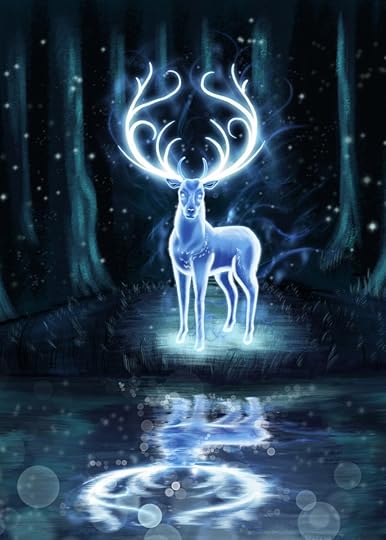
Okay, nothing like striking while the iron is hot! A few days ago, I posted on all the division that’s erupted in the Harry Potter fandom as a result of recent real world events regarding its author. As I was writing that post, I realized that, despite being a fan myself, I’ve never put together a comprehensive review of the series. But after touching on this topic during the weekend, the relevant points for this post started to come together.
I loved Harry Potter. Most of the plot, characters, humor, the more serious themes, and certainly the world-building. It takes all the familiar archetypes — the special orphan/chosen one, the wise mentor, the bumbling but loyal sidekick, the smart one, the pure evil villain with a Grand Scheme — and puts them into a world we recognize. Struggling with difficult teachers and classes, hanging out with your friends, playing a sport, fighting with your siblings, worrying you don’t really know loved ones, even sneaking out to do something you’re told not to do — take away the magic and fantastical creatures, and this is an ordinary child’s life. It’s why these books will live on, for quite a while, no matter the general public opinion of the author in Real Life.
Now, I will definitely admit there are certain plot holes, character arcs that could (should?) have gone in a different direction, and other aspects that bug me. Some of them can be shrugged off and don’t really impede my enjoyment of the particular novel or series itself; others start to irk me when I go back to them.
Get yourself a comfy sofa and a snack; this is going to be a long one.
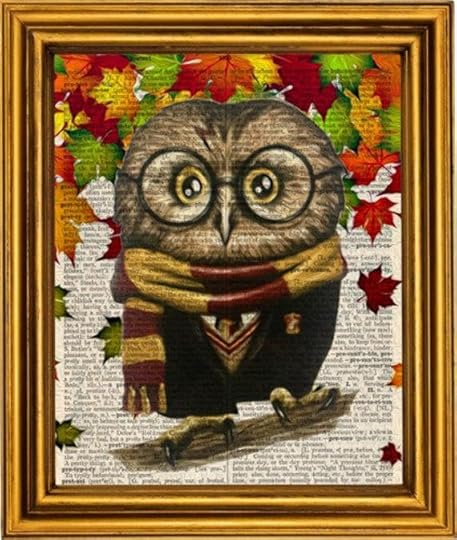
One: The over-expansive world development that ultimately falls flat.
Something downright amazing about books 1-3 is the world-building. We start with an orphan who has no idea of a magical legacy, and are taken on this incredible journey where we, along with Harry, learn about a whole world that’s as fantastic as it is dangerous. To begin with, most of the focus is on Hogwarts, but soon we get into Wizarding families, like the Weasleys; hear more about the divisions within this community and what allowed Voldemort’s rise to power; and some of the wonderful or worrisome mythical beasts and beings that also populate this realm.
In book 4, due to the Quidditch World Cup and TriWizard Tournament, this universe just explodes. What was already a pretty big premise gets rather enormous.
But this is also, sadly, where the series sets itself up to trip — and tumble down the stairs, landing in a heap of tangled hair and untied shoelaces. The fourth novel is when the page count significantly increases, when we get an idea of just how intense the conspiracy is to bring Voldemort back, and when the subplots begin to nearly overtake the main one. What was once primarily the tale of an unexpected boy wizard began switching to a world on the brink of civil war. It isn’t simply an ambitious shift; it’s almost impossible to pull off without any mistakes.
Many of us were beginning to miss the simplicity of the early books. Sure enough, The Order of the Phoenix confirms that the boy wizard is now being prepared to defend not only his own survival, but that of the entire community around him. And that’s where my enjoyment starts to fade.
Not completely. But The Half-Blood Prince hardly felt to me like the rest of the series. Too many new minor characters overshadowed the regular secondarys we’d grown attached to. Harry went from wanting to be a normal kid, despite his Chosen one status, to willingly spying for Dumbledore. And the twist ending that destroyed his mentor of the past several years — and set the whole series on a vastly alternate track — disappointed me, and made me slightly nervous about what awaited in The Deathly Hallows.
Here’s one of my most despised tropes in high fantasy: The meandering, long-lasting, booooooooorrrrrrrrrrring QUEST. It has very nearly ruined the entire genre of high fantasy for me, and I avoid it like the plague.
Cue Book 7 being 75% the above trope.
Is that me you hear screaming? Why, yes, yes, it is.
Not only was it disappointing, it felt like a copout. It made me wonder if Rowling was so tired of being badgered by fans that she was going to finish the series as quickly as possible, regardless of the fitting-ness — or not — of the ending.
All that incredible world-building from before just sort of drifted into oblivion. The fates of so many characters were thrown to the winds; we had literally no idea what happened to them during those 8 or so months Harry was in the woods.
It’s lame.
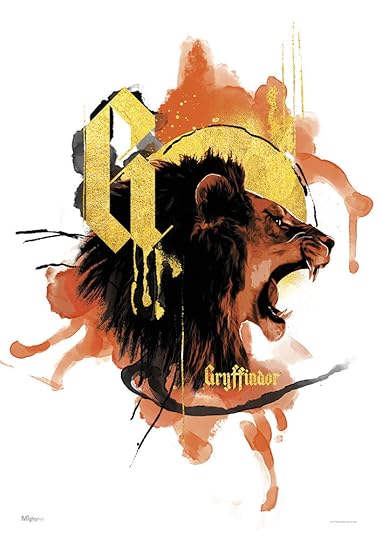
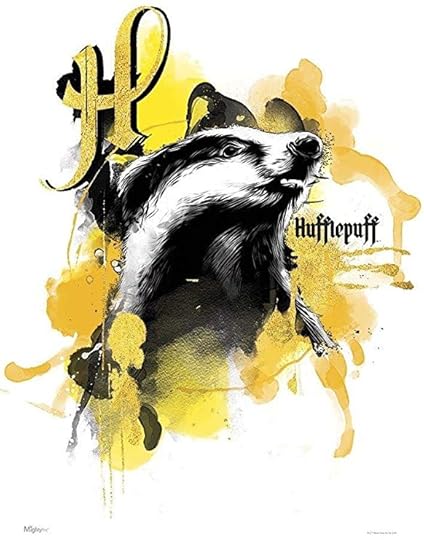
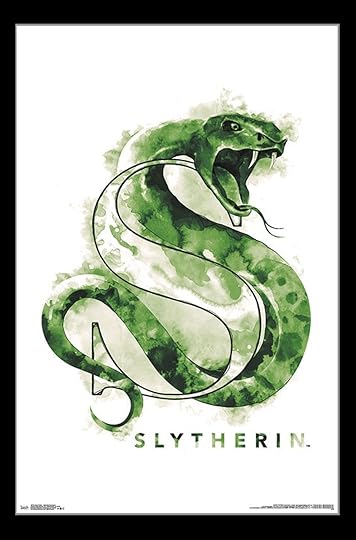
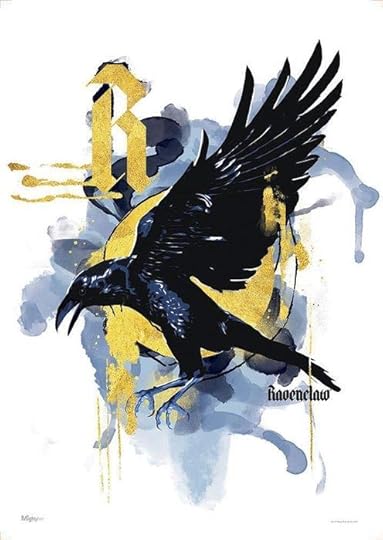
Daley Downing's Blog
- Daley Downing's profile
- 36 followers



